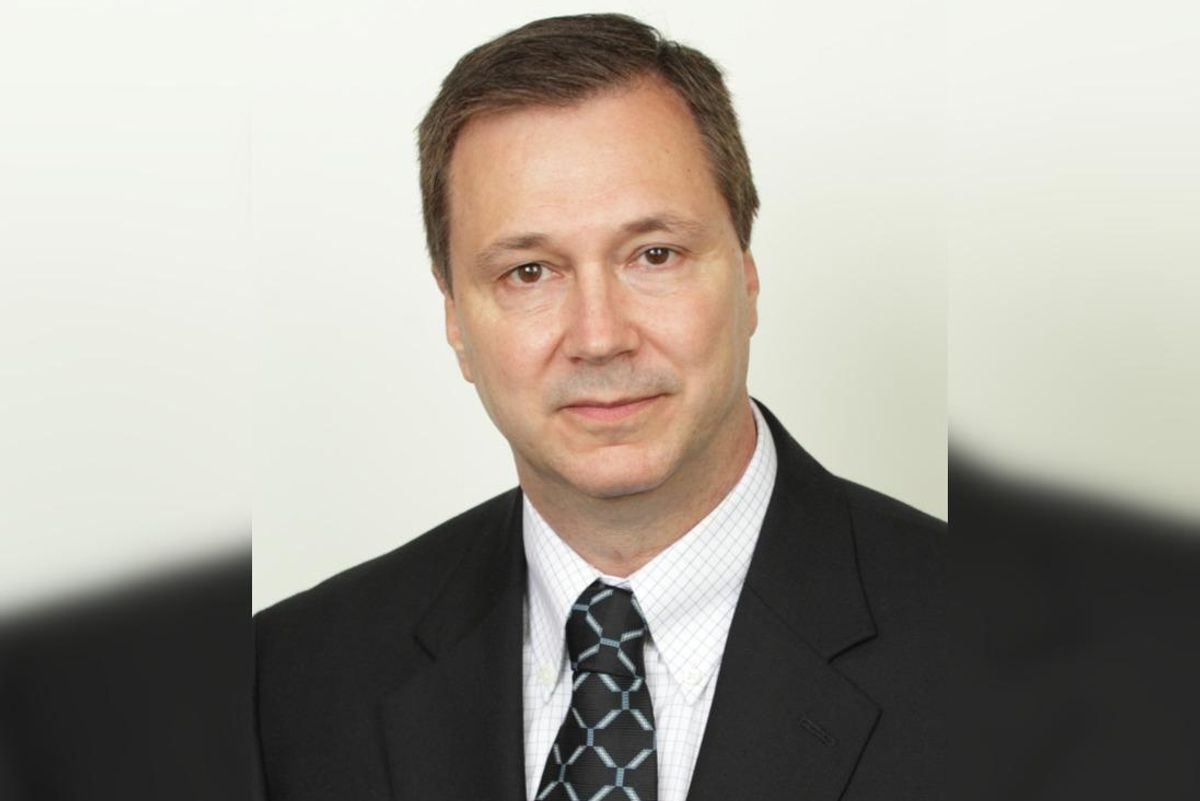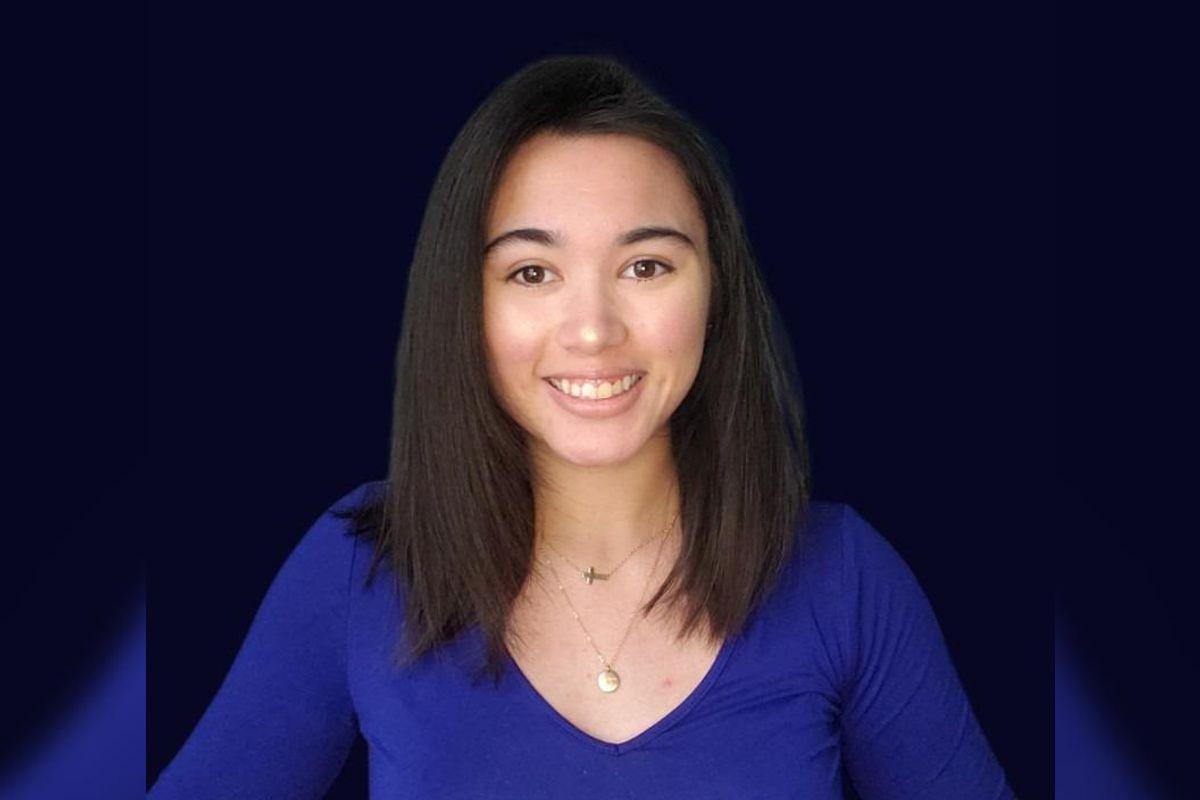Fresh off grant, Houston health tech company's AI aims to revolutionize diagnostics, care
data-driven
In Houston, we’re lucky to have top-tier doctors in the Texas Medical Center, ready to treat us with the newest technology. But what about our family members who have to rely on rural hospitals? Thanks to one Houston company, doctors in smaller community hospitals may soon have new tools at their disposal that could improve outcomes for patients around the world.
Since InnovationMap last caught up with Jim Havelka, CEO of InformAI, two years ago, that hope has come far closer to a reality. InformAI is a VC-backed digital health company. Part of JLABS @ TMC innovation facilities, the company uses artificial intelligence to develop both diagnostic tools and clinical outcome predictors. And two of the company’s products will undergo FDA regulatory testing this year.
SinusAI, which helps to detect sinus-related diseases in CT scans, received its CE Mark — the European equivalent of FDA approval — last year and is being sold across the Atlantic today, says Havelka. He adds that in the United States alone, there are roughly 700,000 sinus surgeries that the product is positioned to support.
Another product, RadOnc-AI, is designed to help doctors prescribe radiation dose plans for head and neck cancers.
“Ideally the perfect plan would be to provide radiation to the tumor and nothing around it,” says Havelka. “We’ve built a product, RadOnc-AI, which autogenerates the dose treatment plan based on medical images of that patient.”
It can be an hours-long process for doctors to figure out the path and dose of radiation themselves, but the new product “can build that initial pass in about five minutes,” Havelka says.
That in itself is an exciting development, but because this technology was developed using the expertise of some of the world’s top oncologists, “the first pass plan is in line with what [patients would] get at tier-one institutions,” explains Havelka. This creates “tremendous equity” among patients who can afford to travel to major facilities and those that can’t.
To that end, RadOnc-AI was recently awarded a $1.55 million grant from the Cancer Prevention and Research Institute of Texas, or CPRIT, a state agency that funds cancer research. The Radiological Society of North America announced late last year that InformAI was named an Aunt Minnie Best of Radiology Finalist.
“It’s quite prestigious for our company,” says Havelka. Other recent laurels include InformAI being named one of the 10 most promising companies by the Texas Life Science Forum in November.
And InformAI is only gaining steam. A third product is earlier in its stage of development. TransplantAI will optimize donor organ and patient recipient matches.
“A lot of organs are harvested and discarded,” Havelka says.
His AI product has been trained on a million donor transplants to help determine who is the best recipient for an organ. It even takes urgency into account, based on a patient’s expected mortality within 90 days. The product is currently a fully functional prototype and will soon move through its initial regulatory clearances.
The company — currently backed by three VC funds, including DEFTA Partners, Delight Ventures, and Joyance Partners — is planning to do another seed round in Q2 of 2023.
“We’ve been able to get recognized for digital health products that can be taken to market globally,” says Havelka.
But what he says he’s most excited about is the social impact of his products. With more money raised, InformAI will be able to speed up development of additional products, including expanding the cancers that the company will be targeting. And with that, more and more patients will one day be treated with the highest level of care.











 Apple doubles down on Houston with new production facility, training center Photo courtesy Apple.
Apple doubles down on Houston with new production facility, training center Photo courtesy Apple.